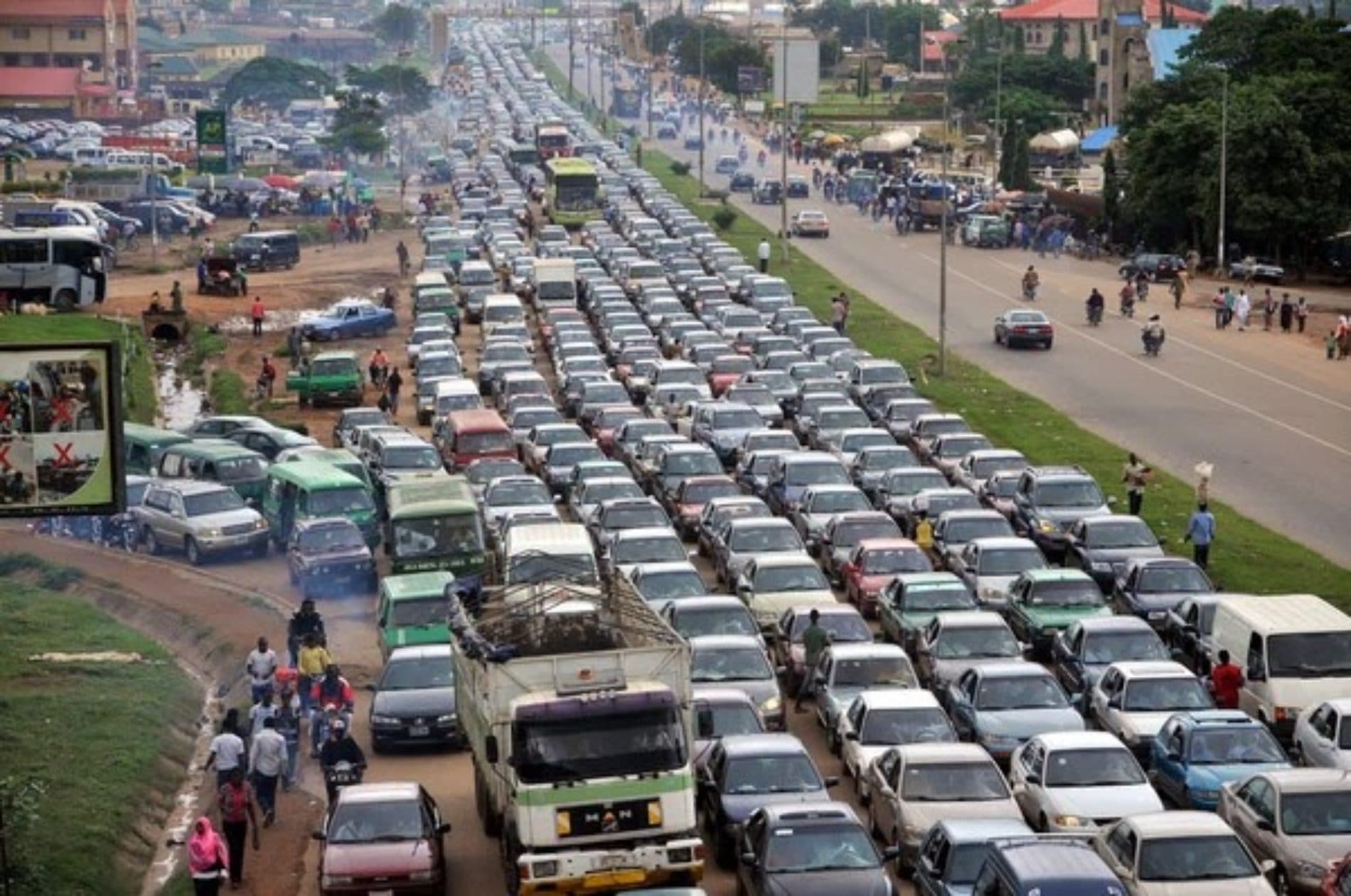We're loading the full news article for you. This includes the article content, images, author information, and related articles.
Matatu operators blocked both lanes of Ngong Road in Nairobi to protest alleged police harassment, causing severe traffic and prompting authorities to divert vehicles while urging dialogue to address the sector’s grievances.

Nairobi, Kenya – Commuters on Nairobi’s busy Ngong Road were stranded for hours on Thursday after public transport operators staged a dramatic protest by blocking both lanes near Prestige Plaza. Using their matatus to barricade the road, the operators brought traffic to a complete standstill, sparking massive gridlock that rippled across nearby estates and feeder routes.
The operators accused traffic police of persistent harassment and extortion, claiming they are routinely subjected to arbitrary fines, unwarranted arrests, and multiple roadblocks designed to extract bribes. They demanded an urgent meeting with senior officials from the National Transport and Safety Authority (NTSA) and the National Police Service, insisting that only top-level intervention could resolve their grievances.
Motorists and passengers caught in the jam were forced to seek alternative routes, with police diverting traffic through Kilimani, Kileleshwa, and Hurlingham. Many office workers and students arrived late to their destinations, while businesses along the stretch reported lost productivity due to reduced customer access.
Despite their frustration, some commuters expressed sympathy, arguing that matatu operators often bear the brunt of systemic inefficiencies and overlapping enforcement agencies. “We suffer when roads are blocked, but we also know the harassment they face every day. Both sides need to fix this,” said one stranded passenger.
The Ngong Road standoff follows a similar protest earlier in the week in Nyeri, where matatu operators blocked highways to oppose relocation to a new bus terminus. These incidents underscore a rising trend of direct action by transport workers when negotiations with authorities stall. Analysts warn that unless addressed, such tactics could normalize as a tool of resistance, posing risks to urban mobility and economic activity.
Transport sector experts argue that the recurrent clashes highlight deeper governance problems. Kenya’s public transport system, dominated by privately owned matatus, operates under overlapping jurisdictions of NTSA, county governments, and the police. The lack of a unified regulatory framework has left room for corruption, conflicting directives, and weak dispute-resolution mechanisms.
“The enforcement system is fragmented. Until there’s transparency in how routes, revenue collection, and compliance are managed, we will keep seeing these protests,” said a transport governance researcher at the University of Nairobi.
Stakeholders are urging structured engagement between matatu operators, regulators, and security agencies. Civil society groups stress that open dialogue could prevent confrontations that endanger commuters and tarnish investor confidence in Nairobi’s transport infrastructure.
Analysts further note that reforms—such as digitising fare collection, streamlining enforcement roles, and creating independent complaint channels—could ease tensions while improving commuter safety.
With Nairobi already grappling with congestion, the protest on Ngong Road signals the urgency of addressing structural issues in the public transport sector. Unless both operators and regulators reach a sustainable compromise, sporadic road blockades could remain a recurring flashpoint, undermining the reliability of urban mobility in Kenya’s capital.
Keep the conversation in one place—threads here stay linked to the story and in the forums.
Sign in to start a discussion
Start a conversation about this story and keep it linked here.
Other hot threads
E-sports and Gaming Community in Kenya
Active 9 months ago
The Role of Technology in Modern Agriculture (AgriTech)
Active 9 months ago
Popular Recreational Activities Across Counties
Active 9 months ago
Investing in Youth Sports Development Programs
Active 9 months ago